While some inventors have added millions of dollars to their bank account with their ideas, there are others who were never rewarded for their hard work.
Despite coming up with life-changing gadgets and gizmos for the rest of us, these inventors listed below never made any money or profit.
1. Nick Holonyak Jr, an engineer, invented the LED Bulb in 1962 but he never took credit for it.
Nick saw LED bulbs as a replacement of Edison’s lightbulb and he was right. While many of his collegues thought he deserved the Nobel prize for his invention, Nick during an interview humbly said, “It’s ridiculous to think that somebody owes you something. We’re lucky to be alive, when it comes down to it.” He doesn’t even get a royalty for every LED bulb that’s purchased.
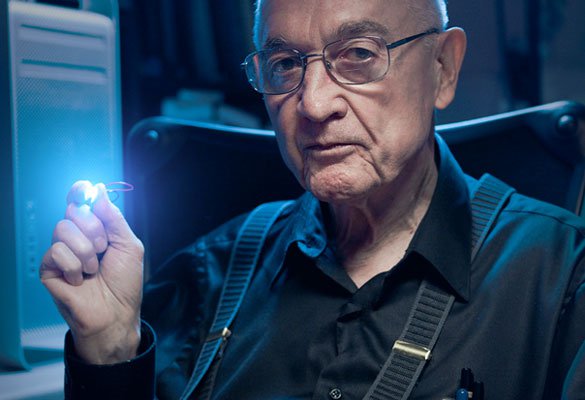
2. Mikhail Kalashnikov, a Russian inventor, invented the iconic AK-47 automatic rifle in 1947 but, he never took a dime for his invention.
Mikhail thought about making this rifle when he was lying wounded in a military hospital during the Second World War. He did so because he heard fellow soldiers complaining about their weapons and he wanted to do something about it. While the weapon’s official manufacturer did patent the design in the 1990s, Kalashnikov never did. He said he created it for the good of his country.
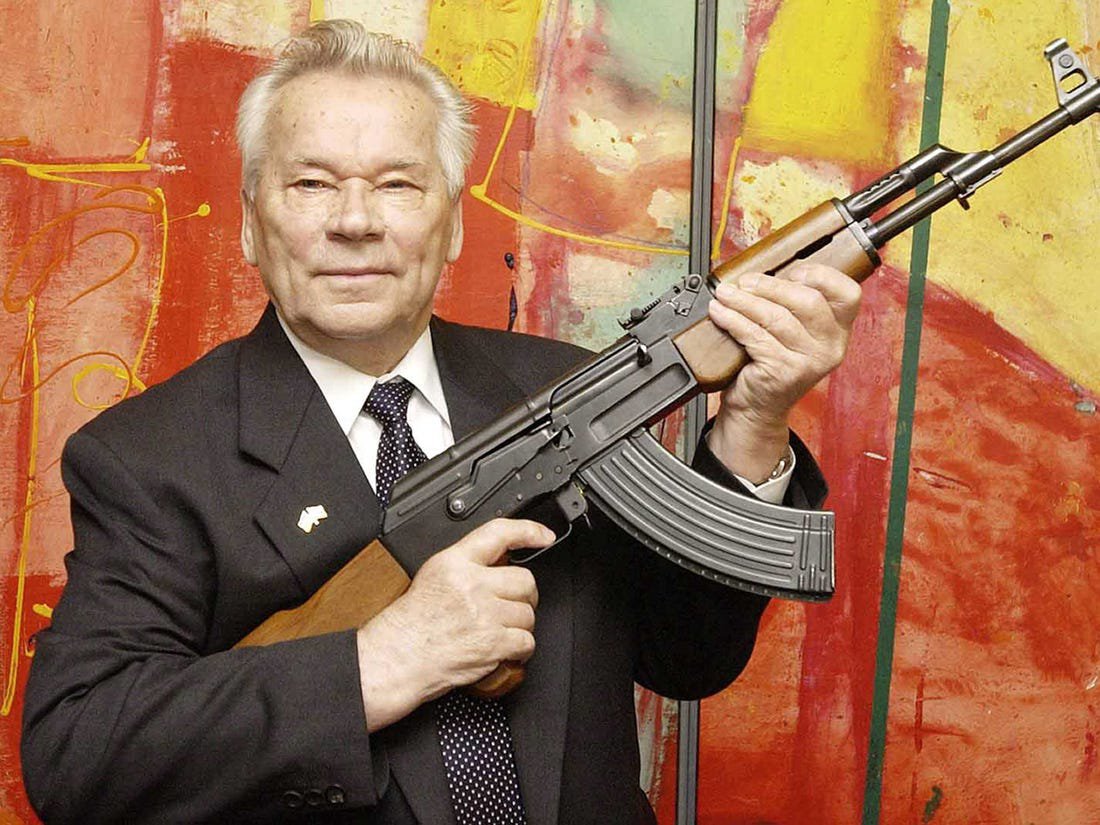
3. In 1989, Sir Tim Berners-Lee, a computer scientist, invented the World Wide Web but, he never put a patent on his idea.
All thanks to Sir Tim Lee’s invention, you are able to read this article and browse the internet. Though the first website was built at CERN in 1991, it was Lee who came up with this idea. In the late 1980s while working at CERN, Lee wrote a proposal for a method to share hypertext documents over the Internet, which we now know as the World Wide Web. Despite being the brainchild behind this invention, Berners-Lee didn’t patent his concept. He decided that his invention should be freely available to all which is why he didn’t take a single penny for his creation.
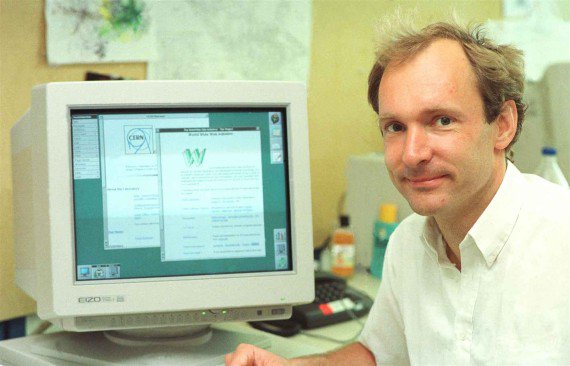
4. Daisuke Inoue, a Japanese businessman invented the karaoke machine in 1971. Though, he never patented his design.
Inoue played the drums in a Japanese bar band to earn a few extra bucks. One day a guy asked him to record backing tracks so he could sing without the band, and that’s how the karaoke machine was born. In 1971, he produced eleven units of the Juke 8 (a standalone machine with an 8-track tape player, a microphone, and a coin slot). But, he never patented his design. Soon, more technologically sophisticated karaoke machines were all over Tokyo. However, he received plenty of recognition. He won an Ig Nobel prize in 2005 and the Time magazine described him as one of the most influential Asians of the 20th century.
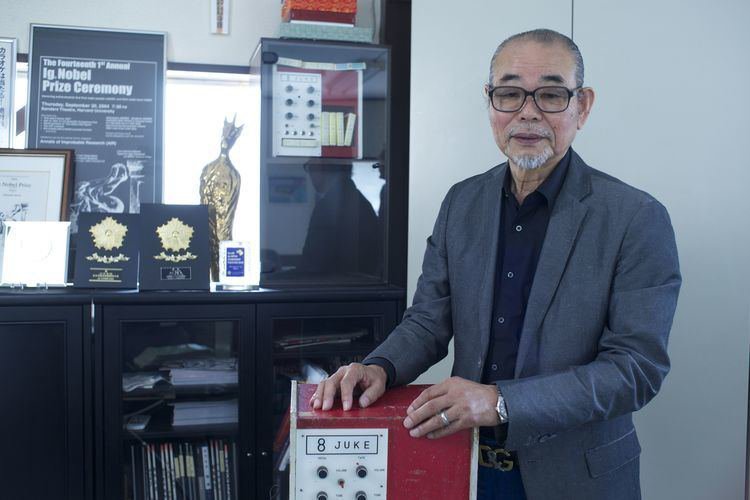
5. John Walker, a chemist from England invented the first friction match in 1826 but, he never took credit for it.
John accidentally invented match sticks. He started selling cardboard matches packaged in boxes with sandpaper strike pads but, he never patented his design. He believed his invention could help many people across the world. He sold his first “Friction Light” on 12th April 1827 from his pharmacy in Stockton on Tees but it was Samuel Jones from London who copied his idea and marketed his matches as “Lucifer’s” in 1829. Though, Walker was given credit for his invention only after his death.
ADVERTISEMENT
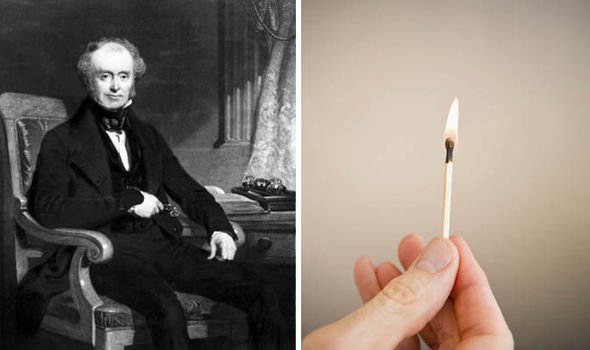
6. American virologist, Jonas Salk came up with the vaccine to eradicate polio in 1953 but, he refused to patent it.
During an interview in 1955 when Salk was asked who the patent of the vaccine belonged to he said: “The people, I would say. There is no patent. Could you patent the sun?”. He refused the patent because he wanted the global health crisis of polio to be abated.
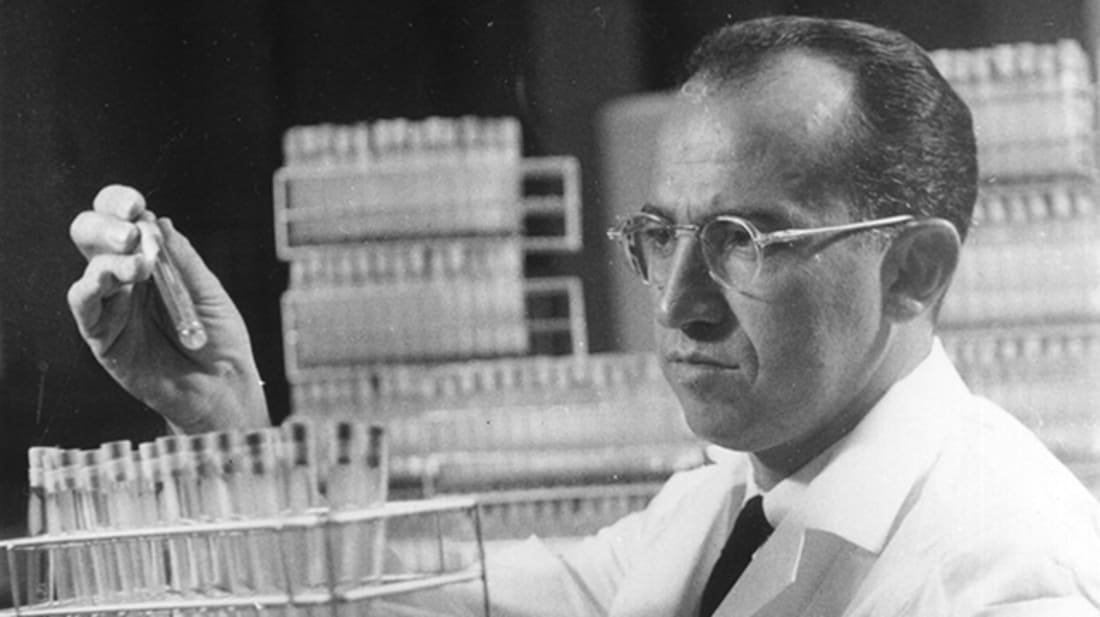
7. Ron Klein, an American innovator developed the magnetic credit card strip in the 1960s but, he never made any money from it.
Klein’s firm Ultronic Systems Corp was granted a patent for his invention in 1969 but rival companies jumped into action. They ripped off the technology and started rolling it out worldwide as a result of which, his firm could never enforce the patent.
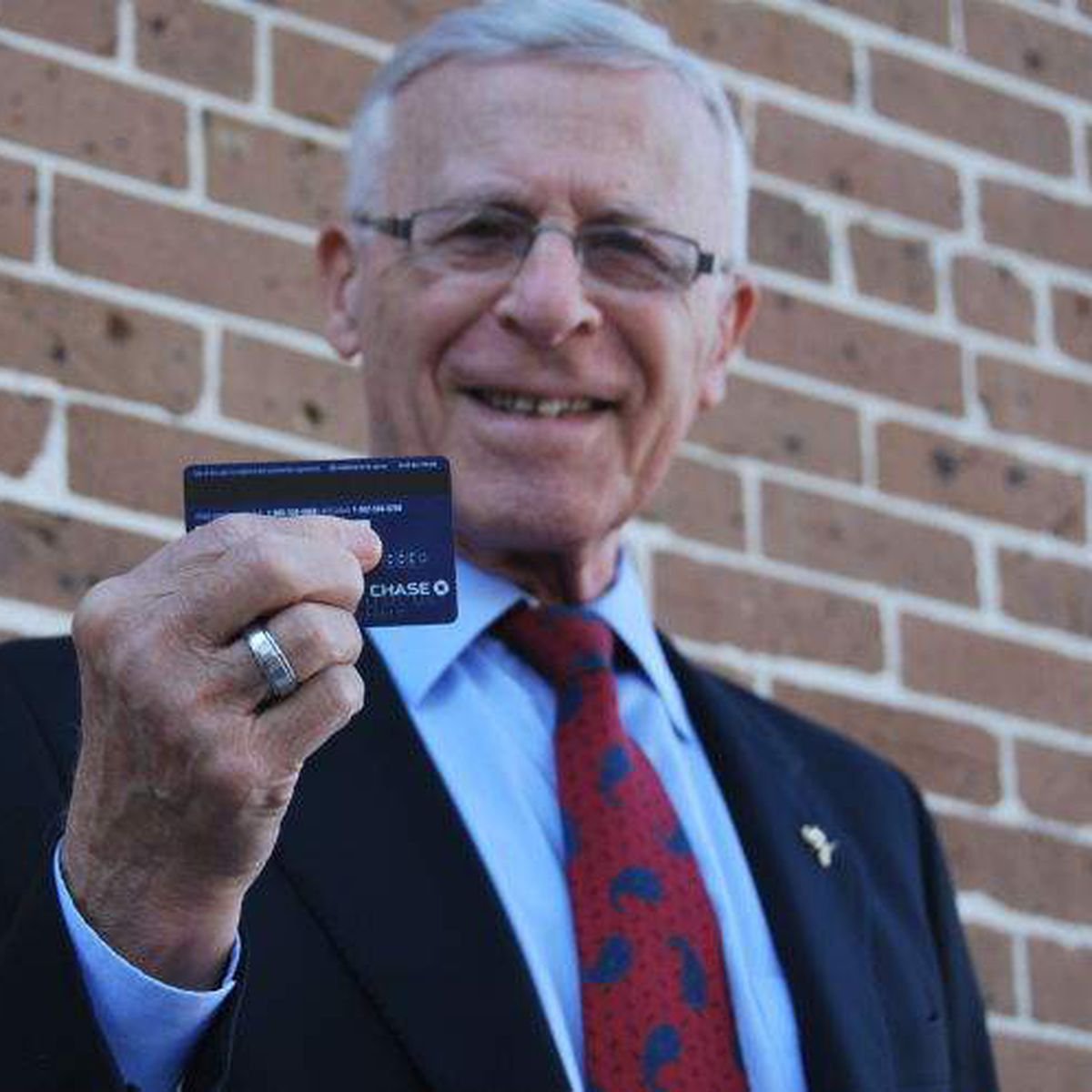
8. Ronald Wayne co-founded Apple in partnership with Steve Wozniak and Steve Jobs in 1976 but, he never made any money out of it.
Wayne joined the co-founders to provide the company with “adult supervision” and to oversee mechanical engineering and documentation. However, Wayne worried that Apple wouldn’t be able to recoup the money and feared that the financial burden would fall on him if the deal with The Byte Shop went south. So after spending a mere 12 days with Wozniak and Jobs, Wayne had his name taken off the contract and sold his shares back to the co-founders for $800. Today, a 10 percent stake in Apple would be worth more than $95 billion.
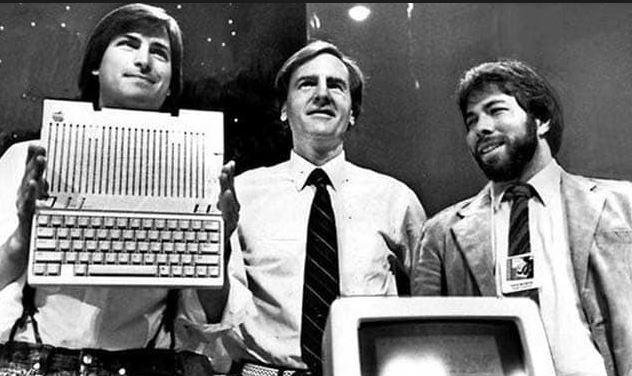
9. Argentine-Hungarian inventor, Laszlo Biro is credited for inventing the ballpoint pen but, he never made any money from it.
Biro invented the ball-pen after becoming fed up with leaky fountain pens. In 1938, he did patent the first commercially viable ballpoint pen but, financial struggles loomed over his company and he was forced to sell the patent to Italian businessman Marcel Bich, who created a multi-billion dollar company.
ADVERTISEMENT
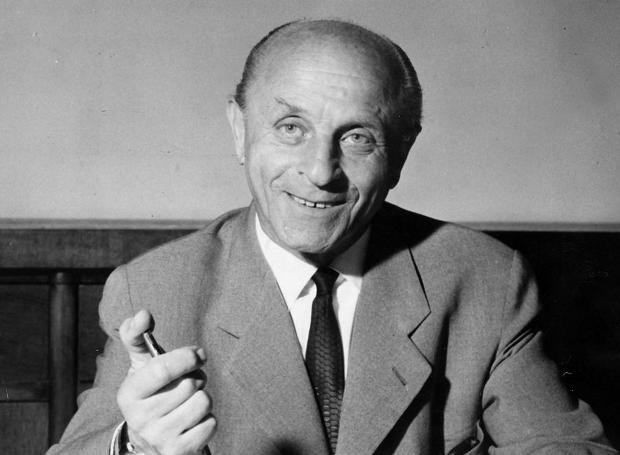
10. The ‘smiley’ emoticon was invented by Harvey Ball, a commercial artist, in 1963 but he never copyrighted his work.
The ‘smiley’ has become a key feature of texts, e-mails, tweets, and all other forms of digital communication. Ball originally designed this emoticon to improve flagging employee morale at an insurance company. And, over the years the symbol became widely popular. Despite the huge success of the symbol, Ball never trademarked his work. He earned only $45 for the original design.
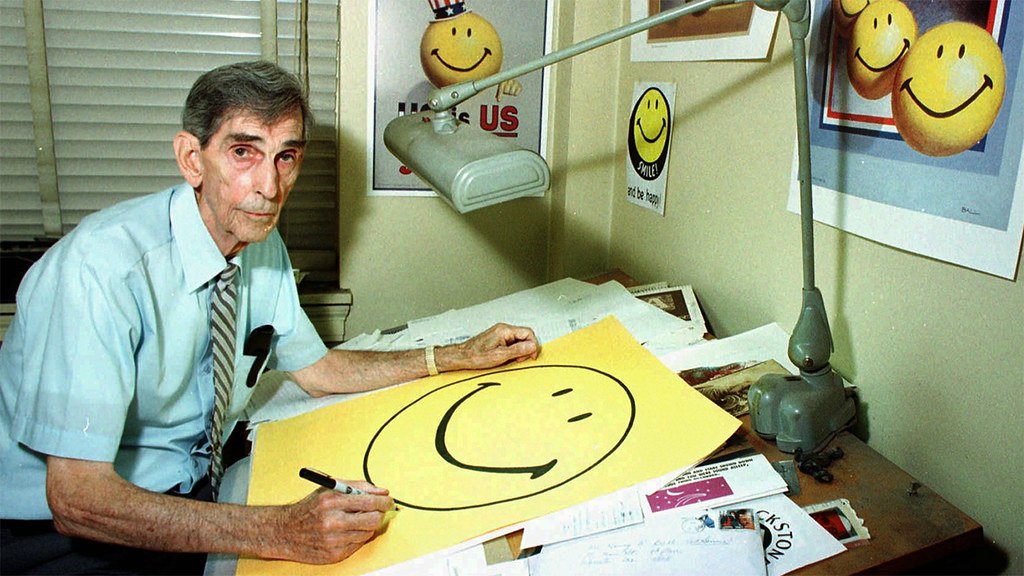
Hard to believe?
Top picks for you

















